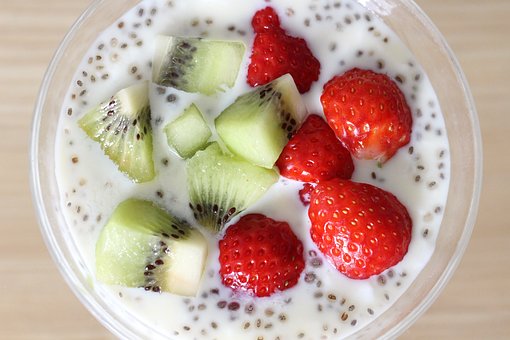The gut microbiome is a complex ecosystem of microorganisms that plays a vital role in our overall health. Probiotics, or beneficial bacteria, are often recommended as a way to improve gut health. But what exactly is the gut microbiome, and how do probiotics interact with it? In this article, we’ll explore the relationship between the gut microbiome and probiotics.
What Is the Gut Microbiome?
The gut microbiome is the collection of microorganisms that live in your digestive tract. It includes bacteria, viruses, fungi, and other microorganisms. The gut microbiome is incredibly complex, and researchers are still learning about its many functions.
The Functions of the Gut Microbiome
The gut microbiome plays a variety of important functions, including:
- Digestion: The gut microbiome helps break down food and extract nutrients from it.
- Immunity: The gut microbiome is home to a large portion of your immune system.
- Mood and Mental Health: There is a growing body of research that suggests a link between gut health and mental health.
- Metabolism: The gut microbiome plays a role in regulating metabolism and energy balance.
What Are Probiotics?
Probiotics are live bacteria and yeasts that are good for your health, especially your digestive system. They are often referred to as “good” or “friendly” bacteria because they help keep your gut microbiome healthy. Probiotics can be found in a variety of foods and supplements and are considered safe for most people.
How Do Probiotics Interact with the Gut Microbiome?
Probiotics interact with the gut microbiome in several ways:
- Restoring Balance: Probiotics can help restore balance to the gut microbiome by increasing the number of “good” bacteria in the gut.
- Fighting Pathogens: Probiotics can help fight off harmful pathogens that can disrupt the balance of the gut microbiome.
- Modulating the Immune System: Probiotics can help modulate the immune system, which can help prevent inflammation and other immune-related issues.
- Alleviating Digestive Issues: Probiotics have been shown to help alleviate a variety of digestive issues, including bloating, constipation, and diarrhea.
How to Choose the Right Probiotic
When choosing a probiotic supplement, there are a few things to keep in mind:
- Look for a supplement that contains a variety of strains of bacteria. Different strains have different benefits, so a variety will provide the most comprehensive support.
- Check the CFUs (colony-forming units) on the label. This will tell you how many live bacteria are in each dose.
- Look for a supplement that is stored in the refrigerator. This will help ensure that the bacteria are alive and active.
Final Thoughts
The gut microbiome is a complex ecosystem of microorganisms that plays a vital role in our overall health. Probiotics can help improve gut health by restoring balance to the gut microbiome, fighting off harmful pathogens, and alleviating digestive issues. By choosing the right probiotic supplement and incorporating probiotic-rich foods into your diet, you can help support a healthy gut microbiome and improve your overall health. As always, be sure to talk to your doctor before making any changes to your diet or supplement routine.







